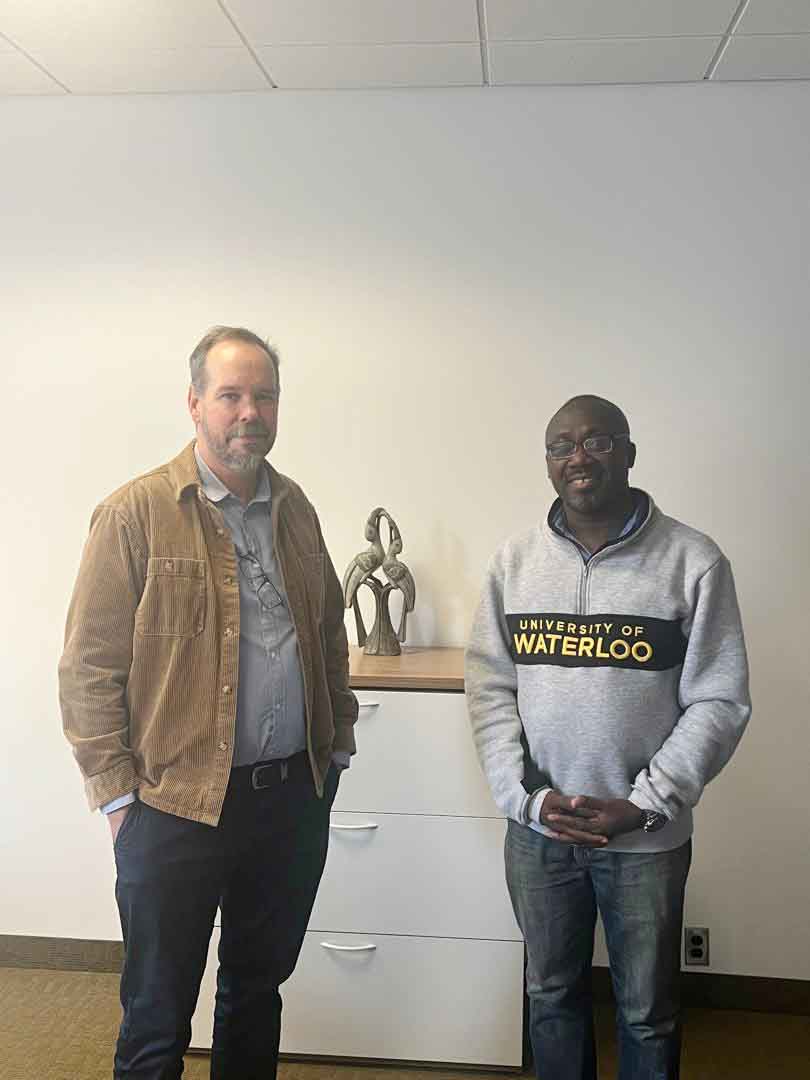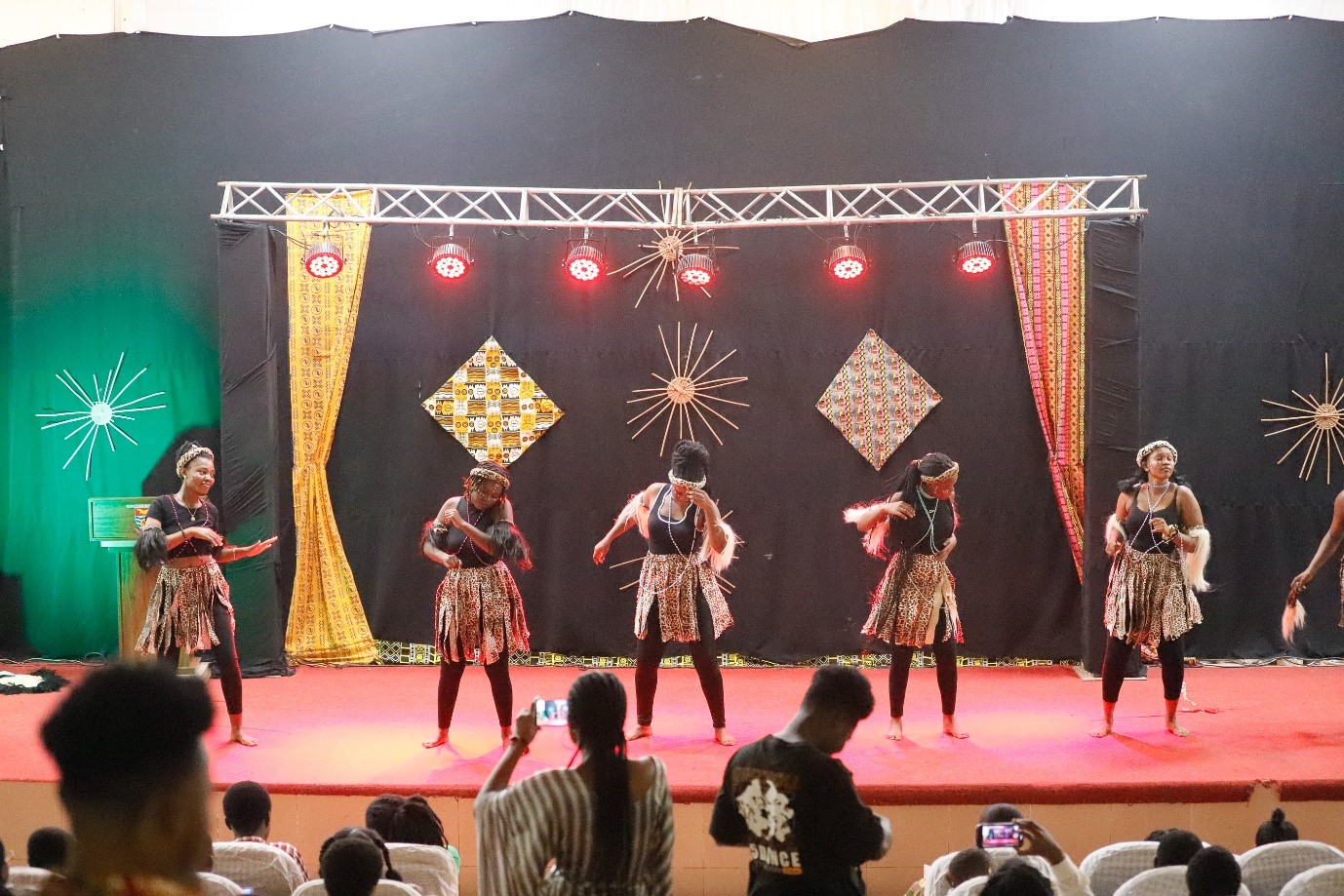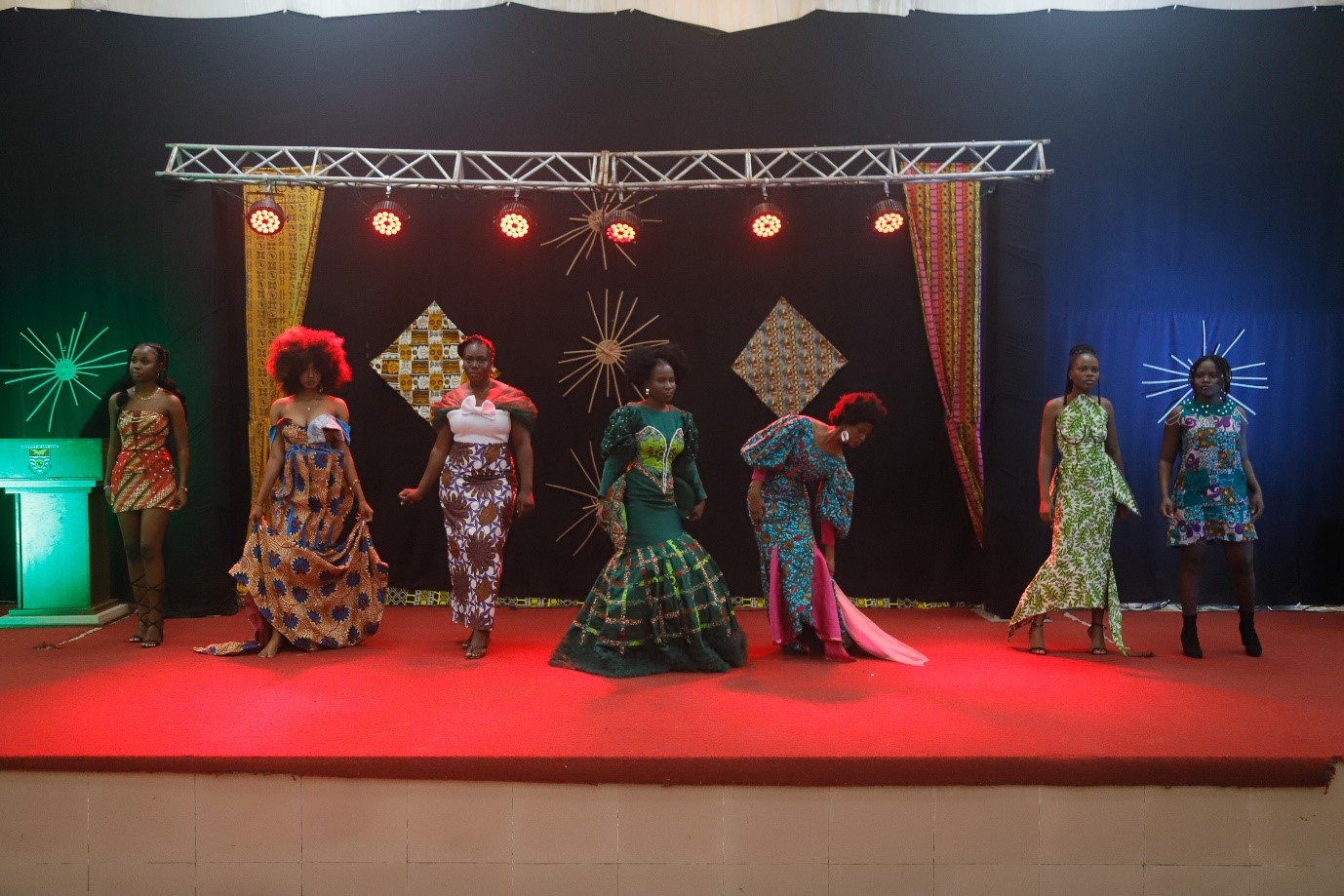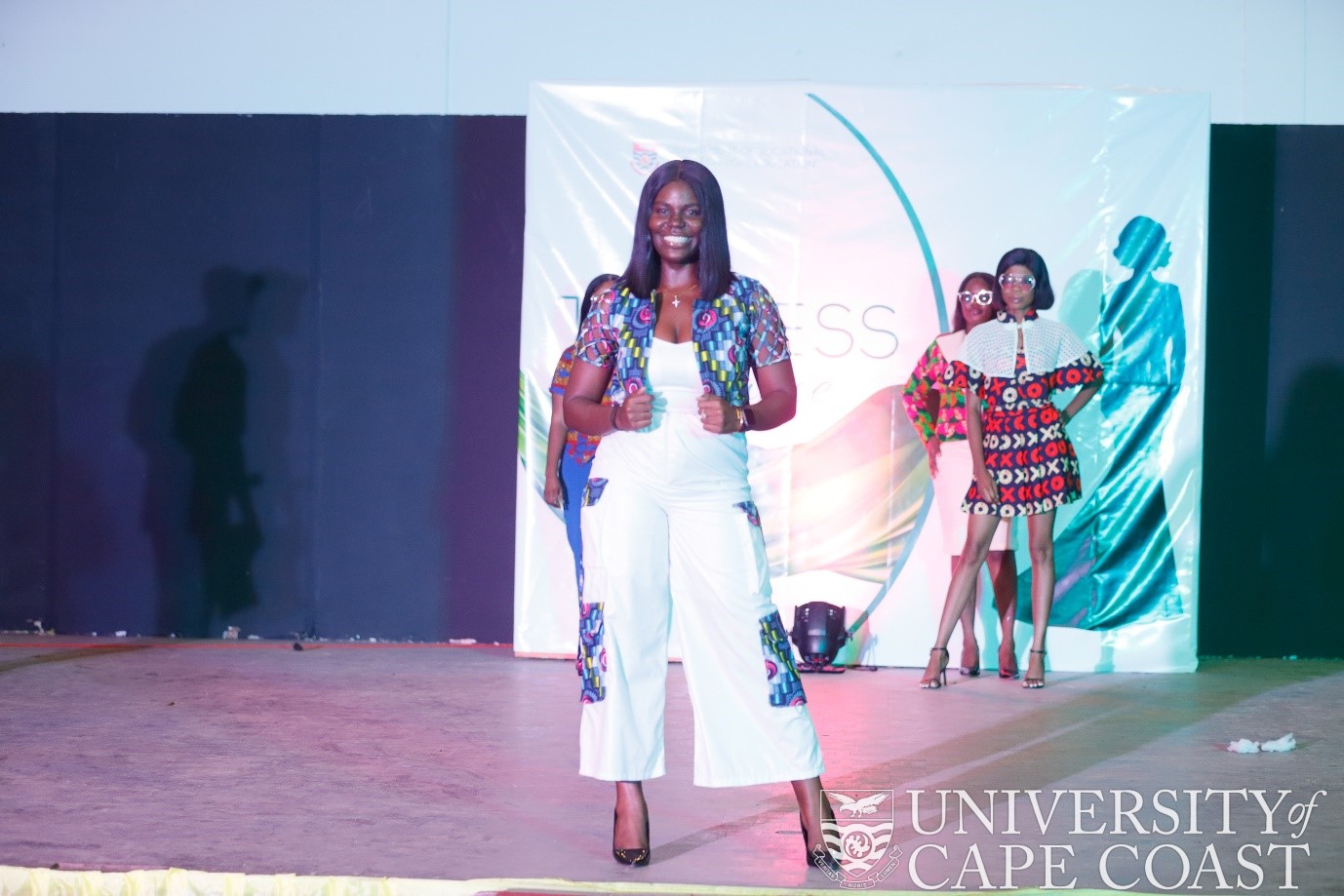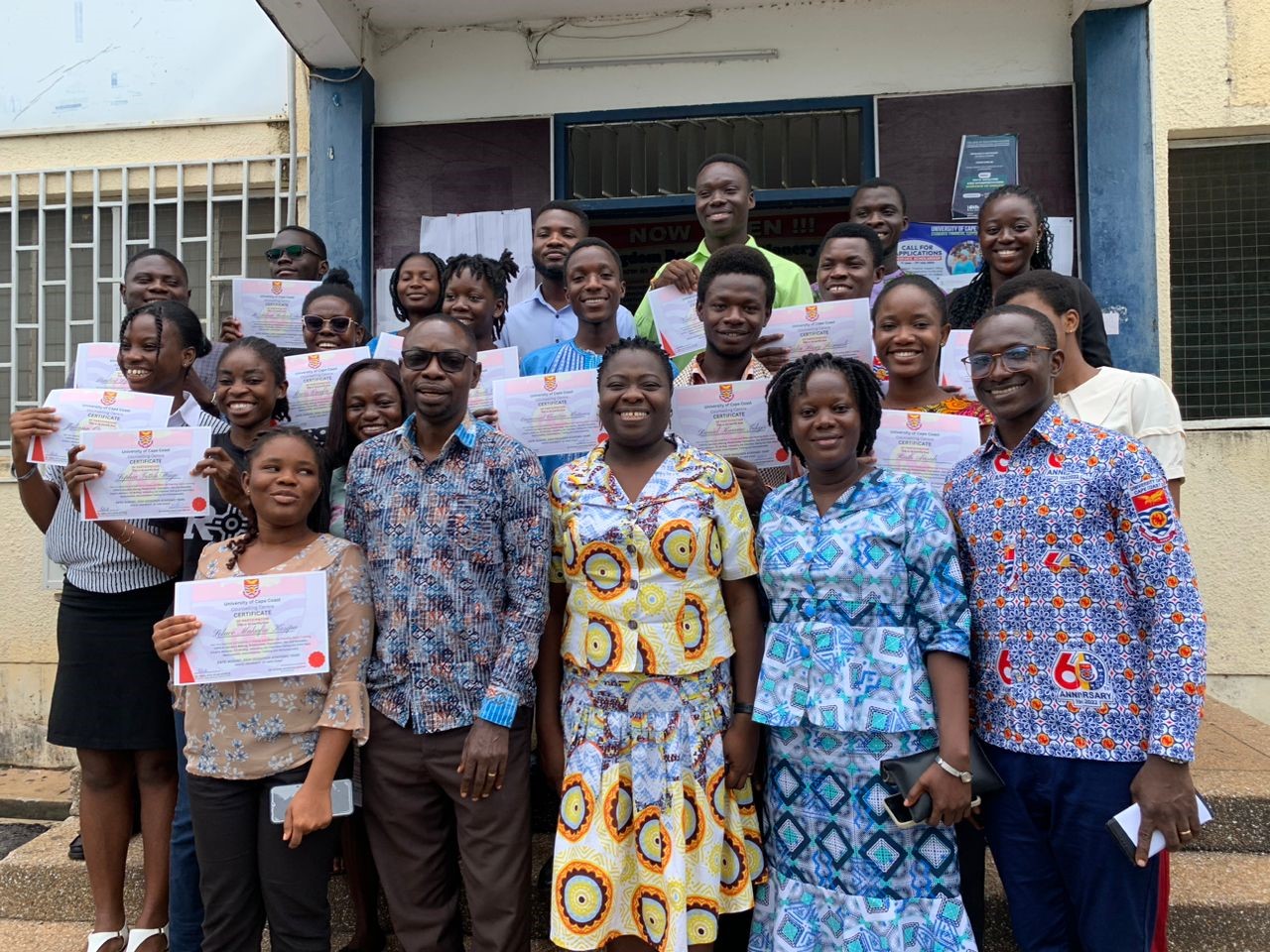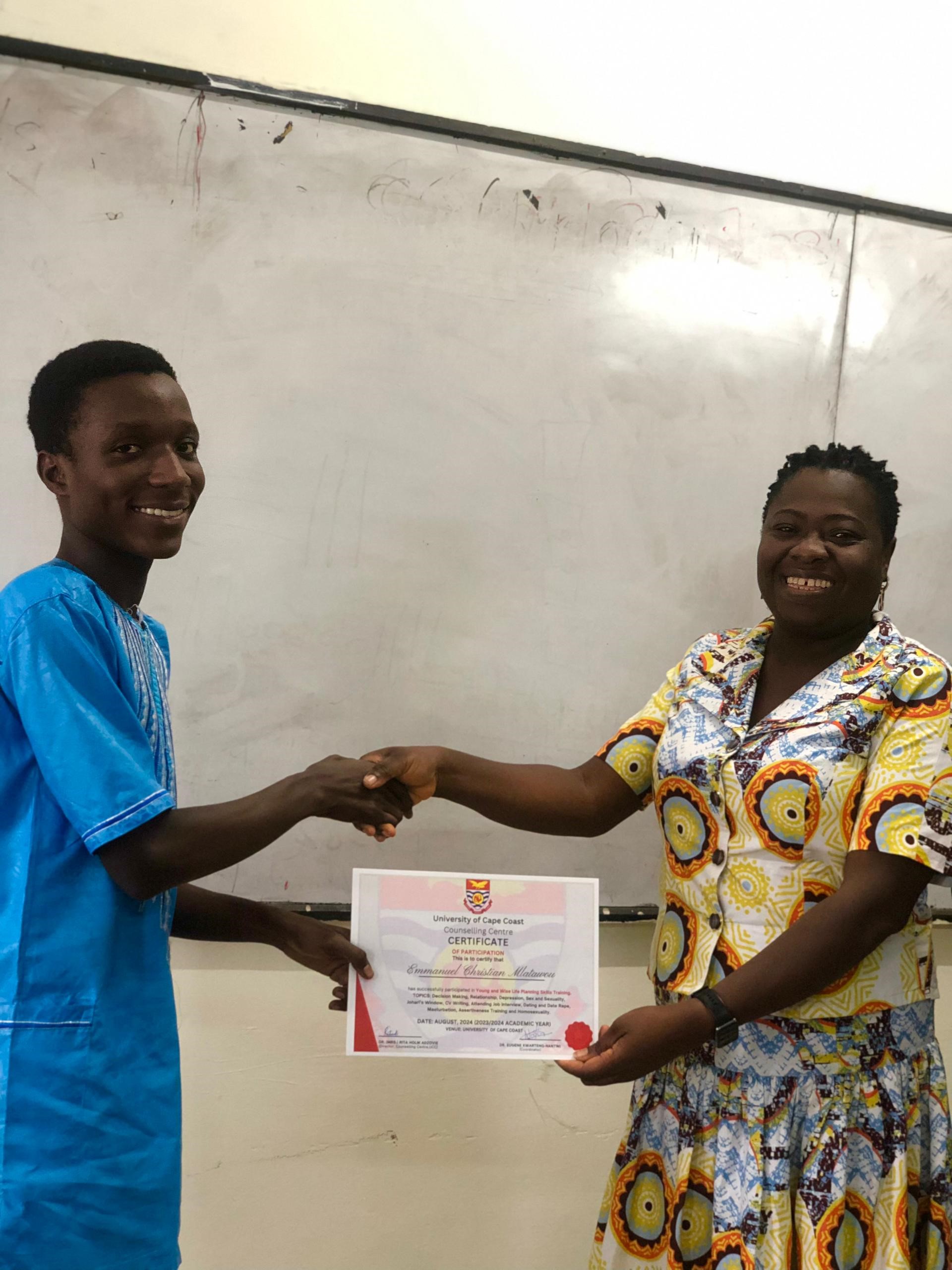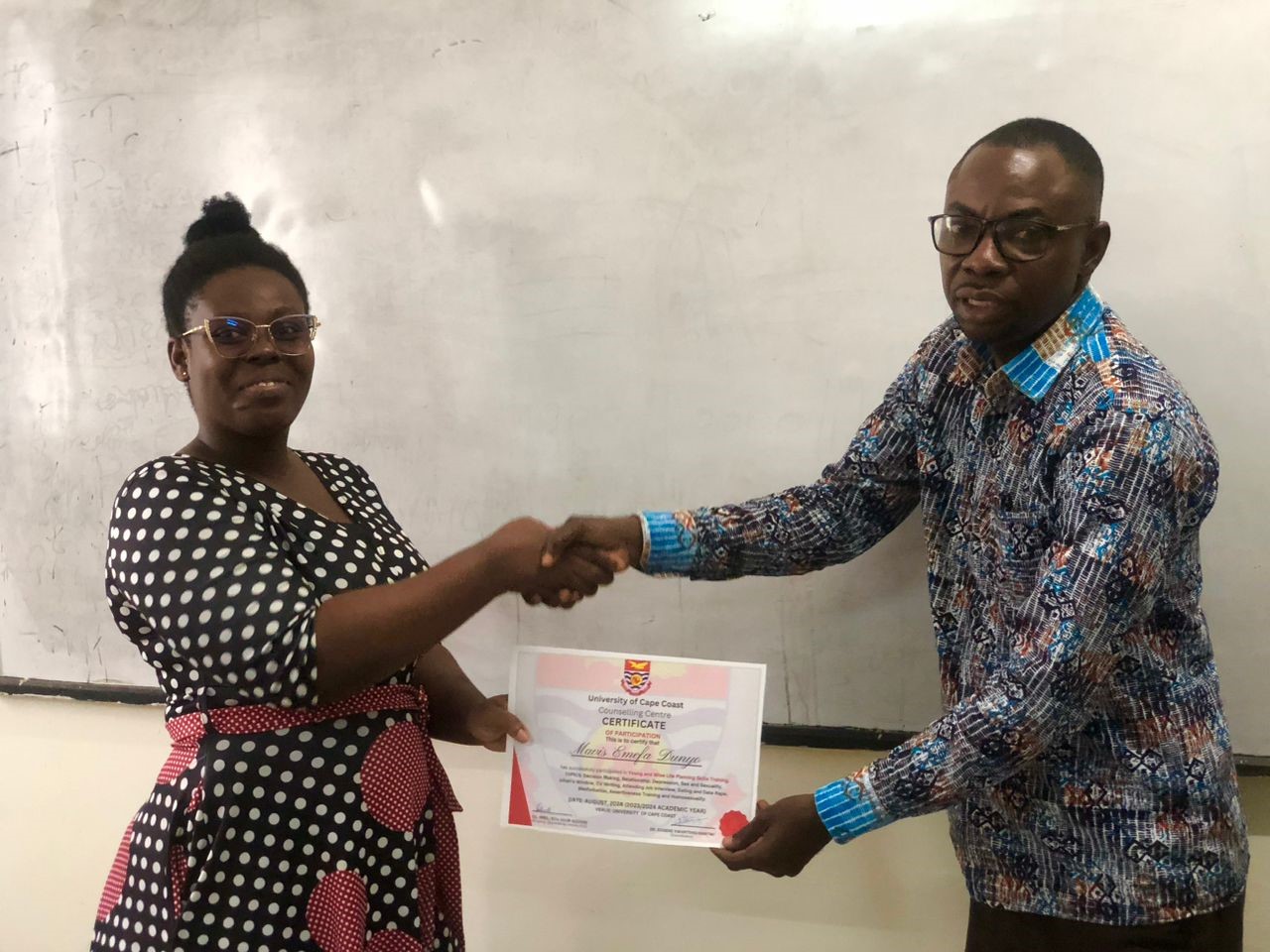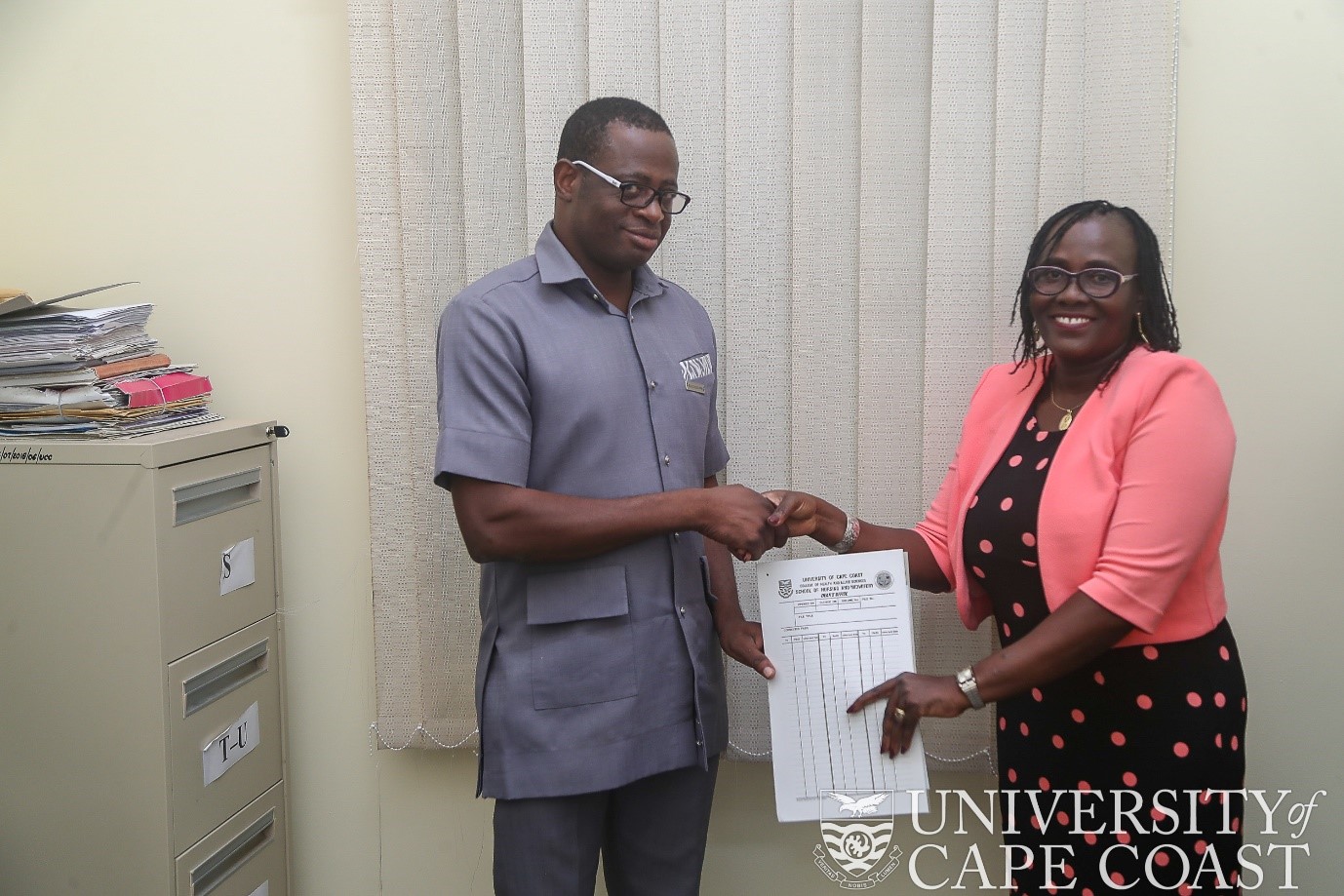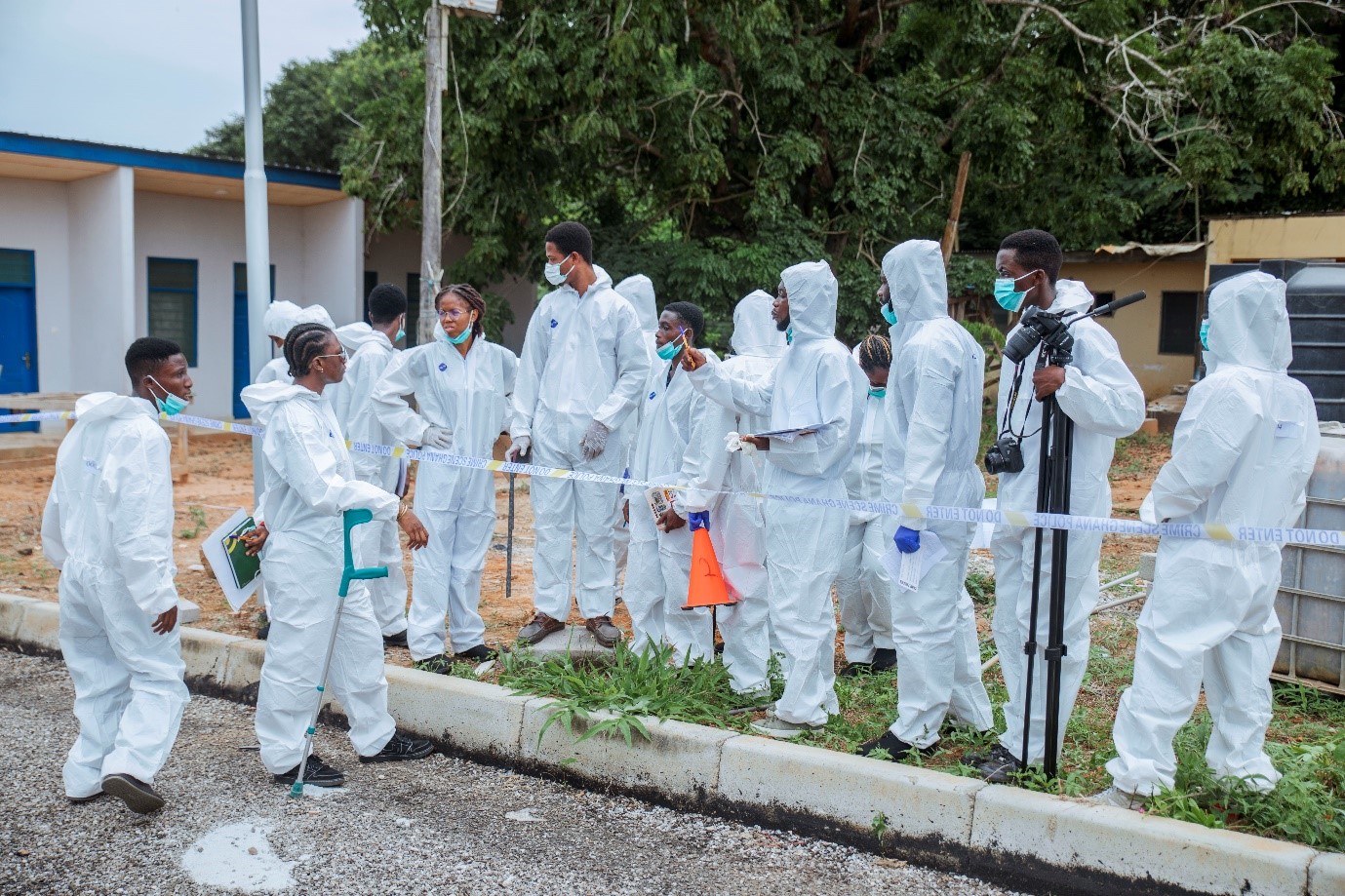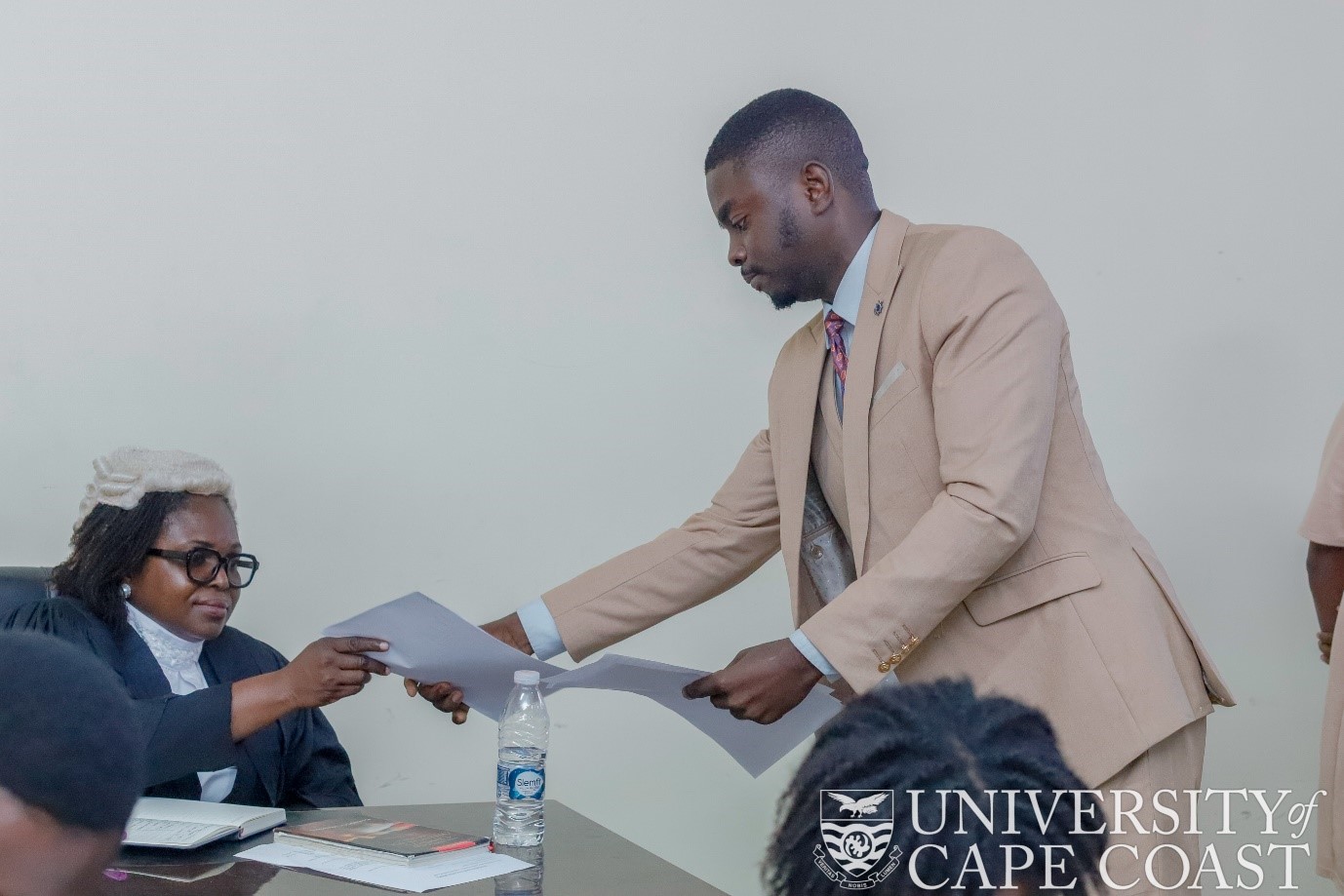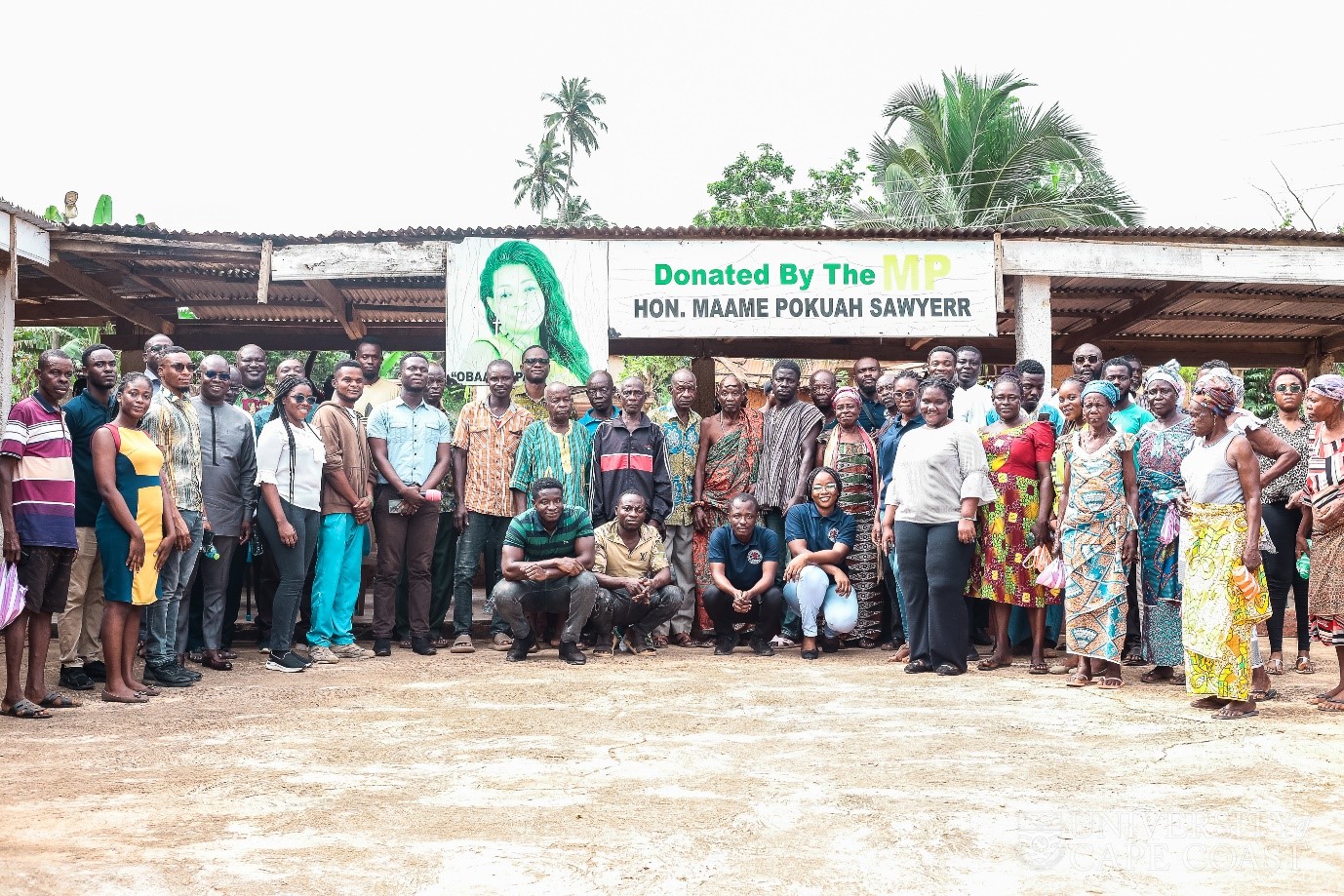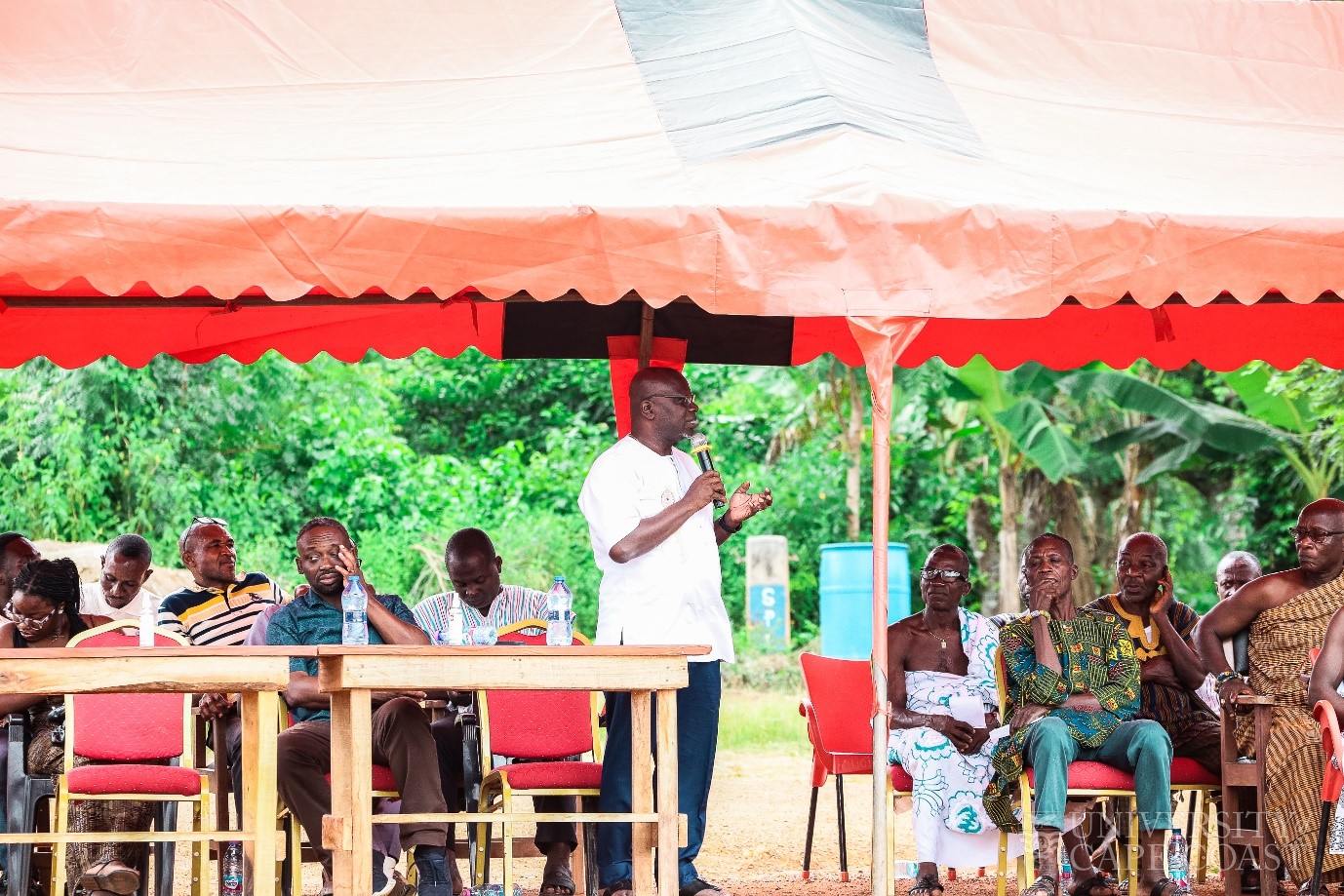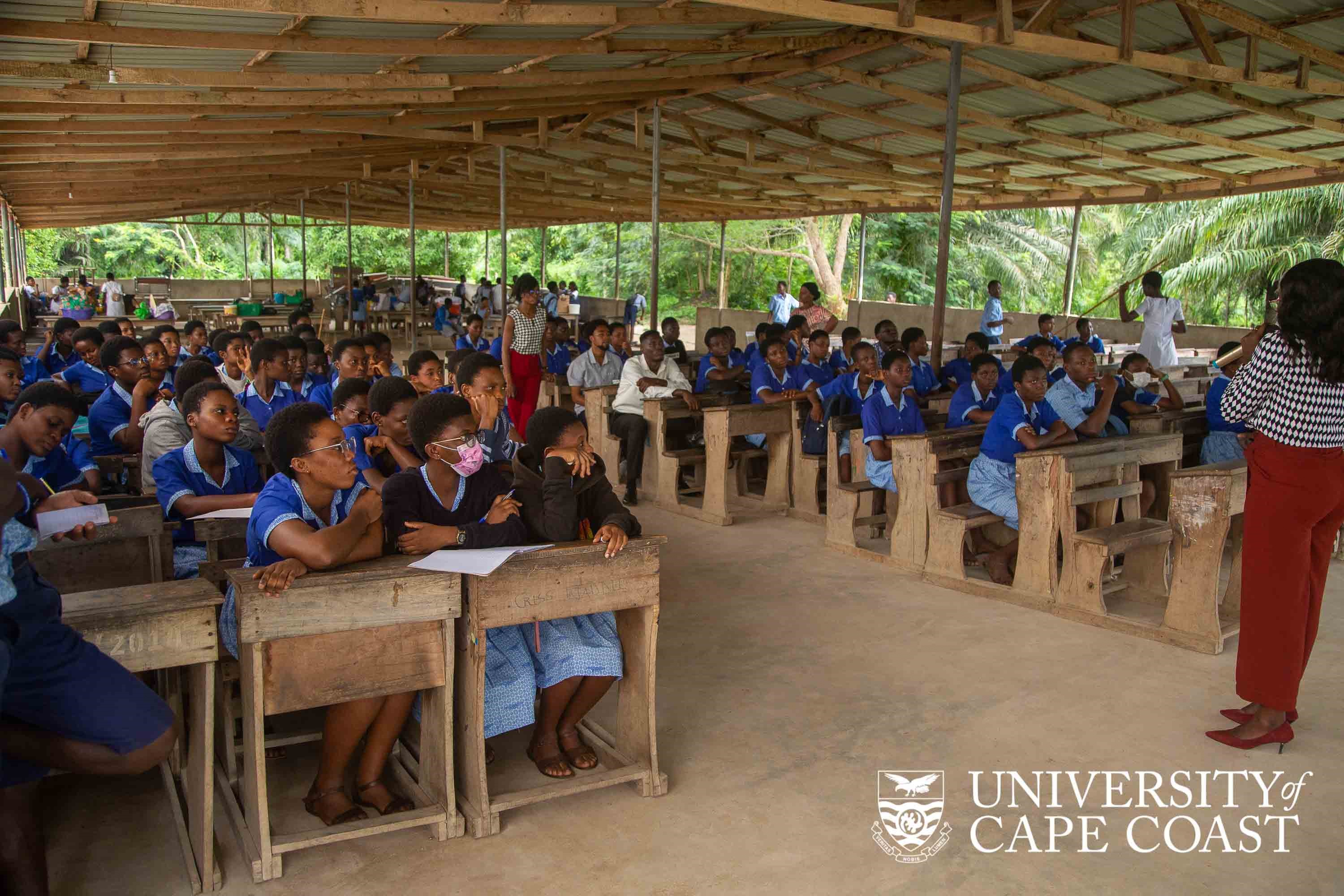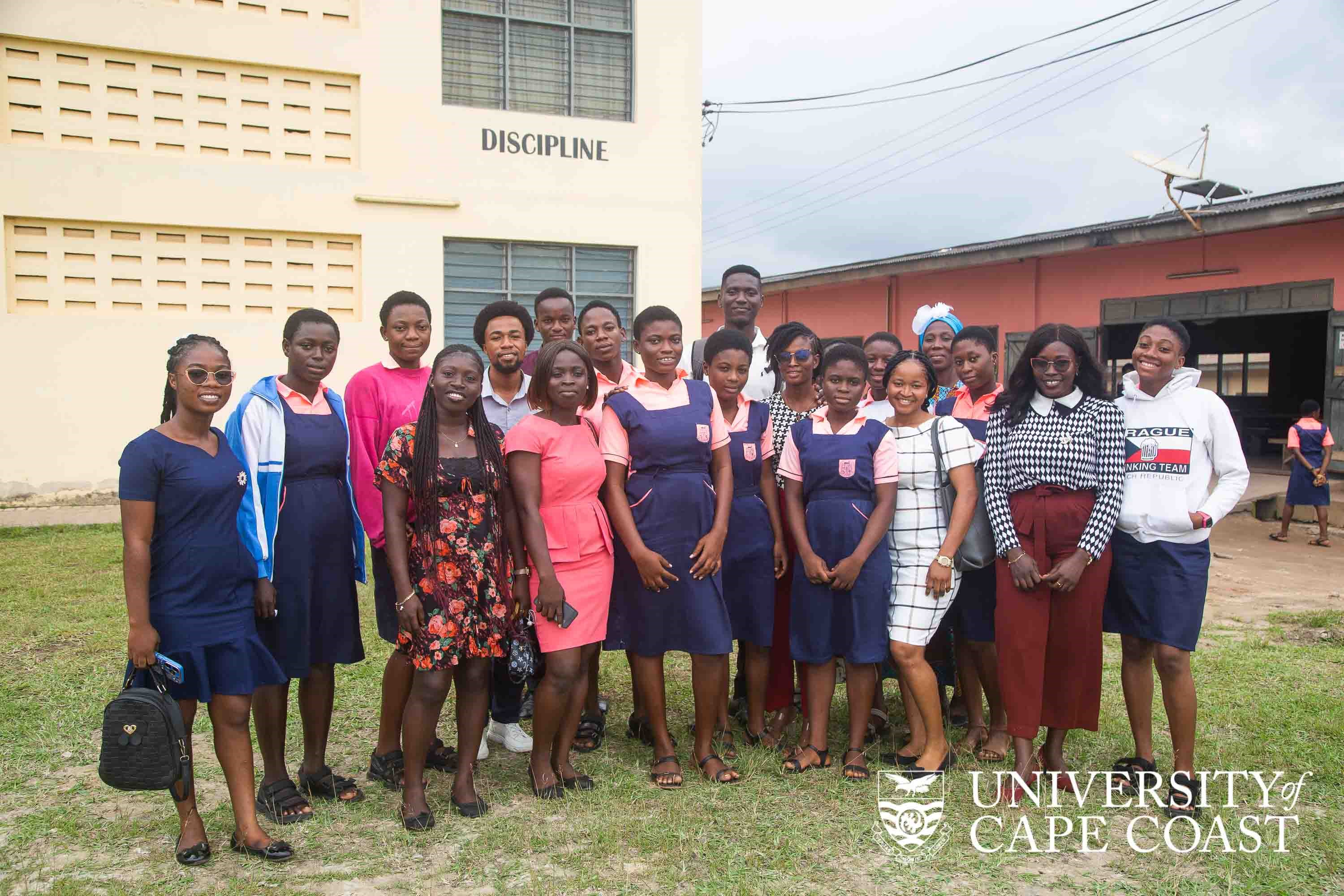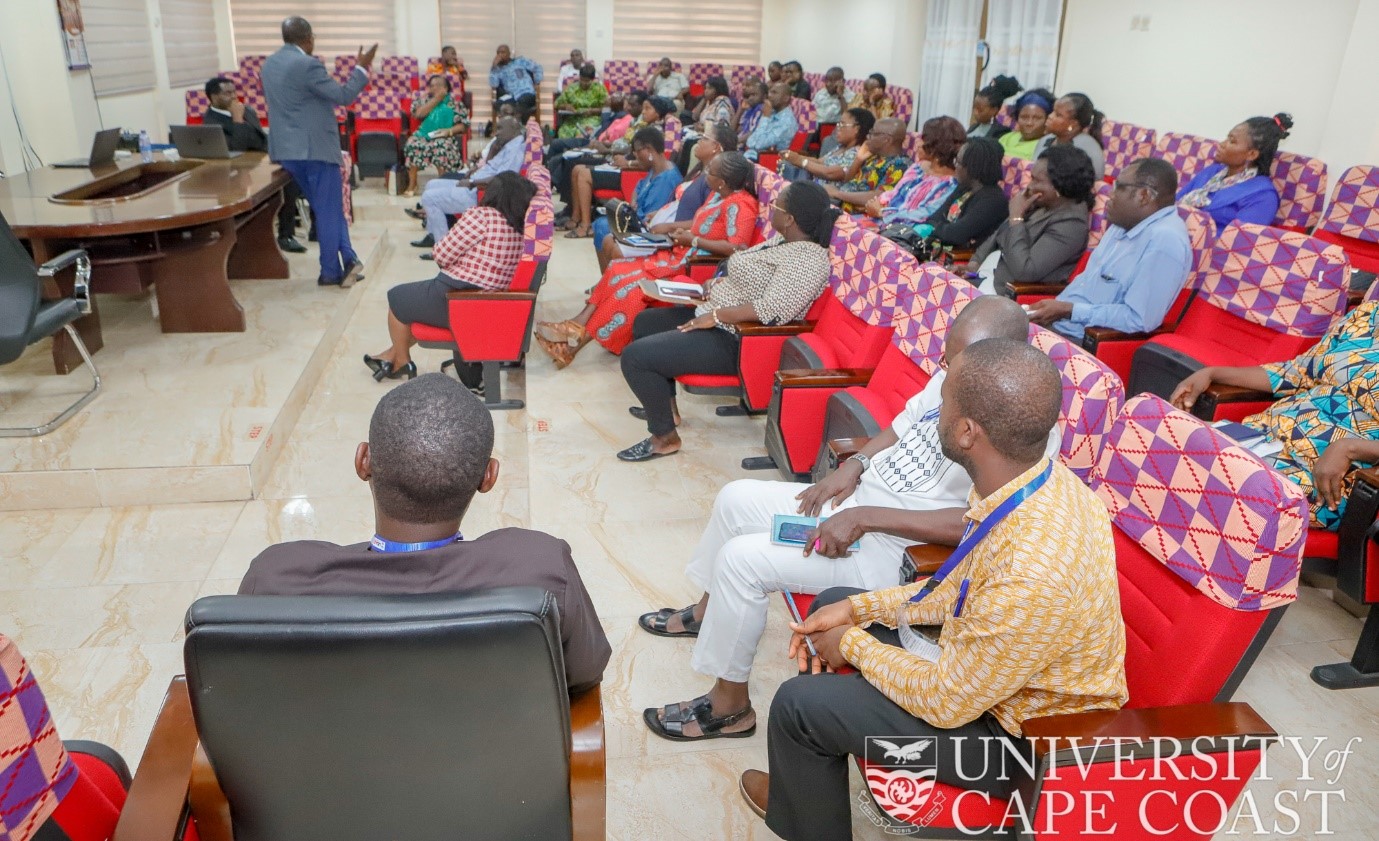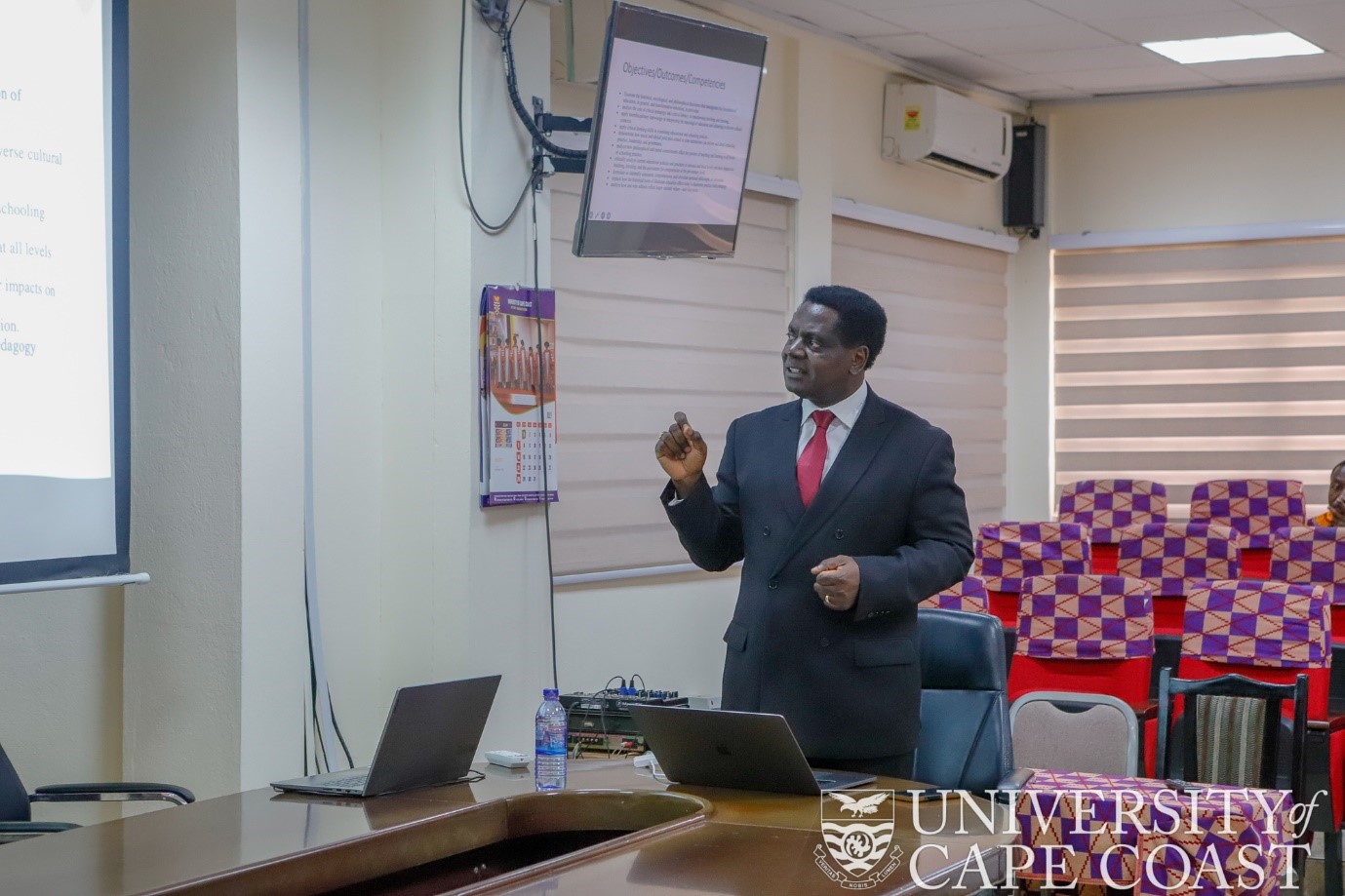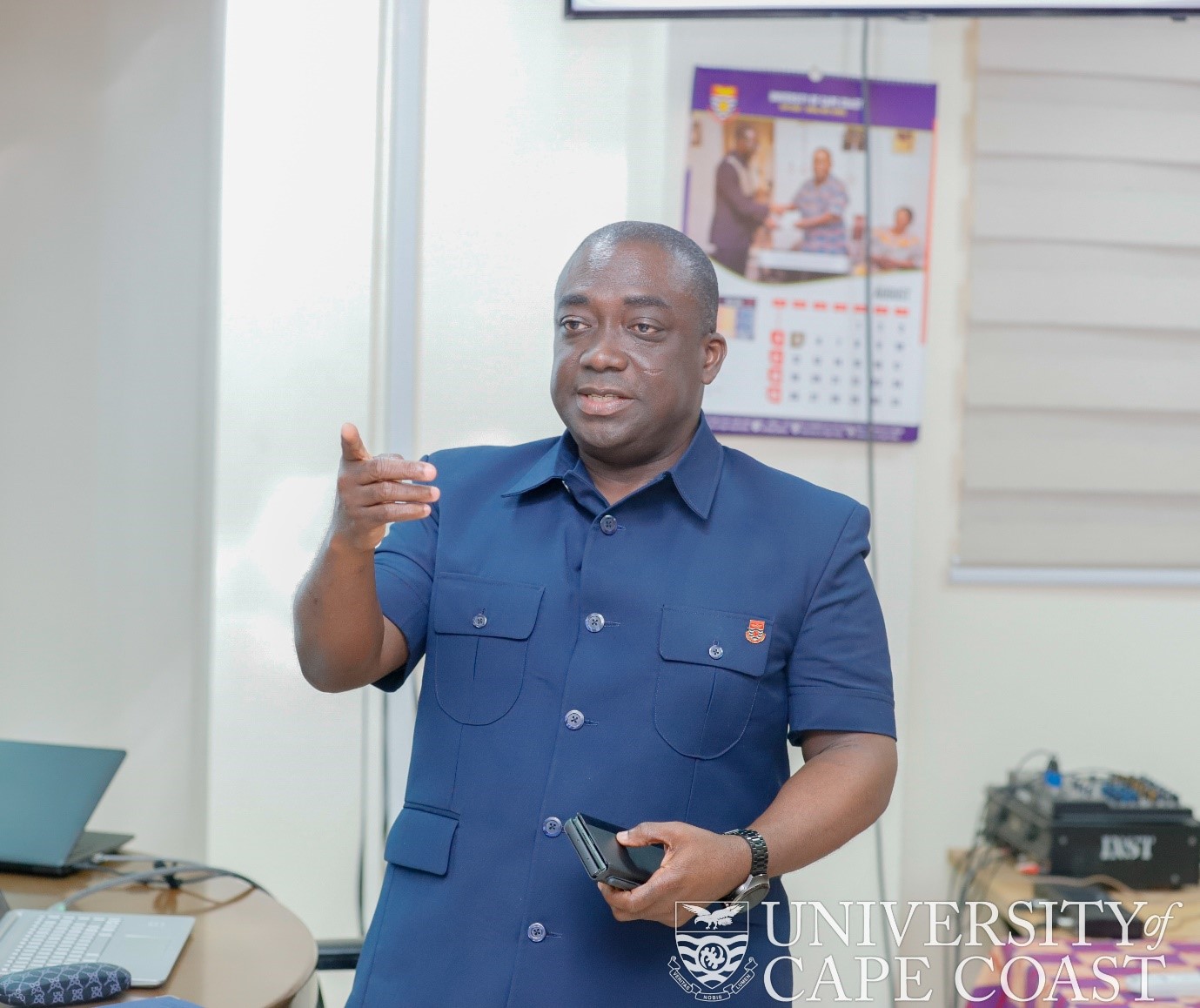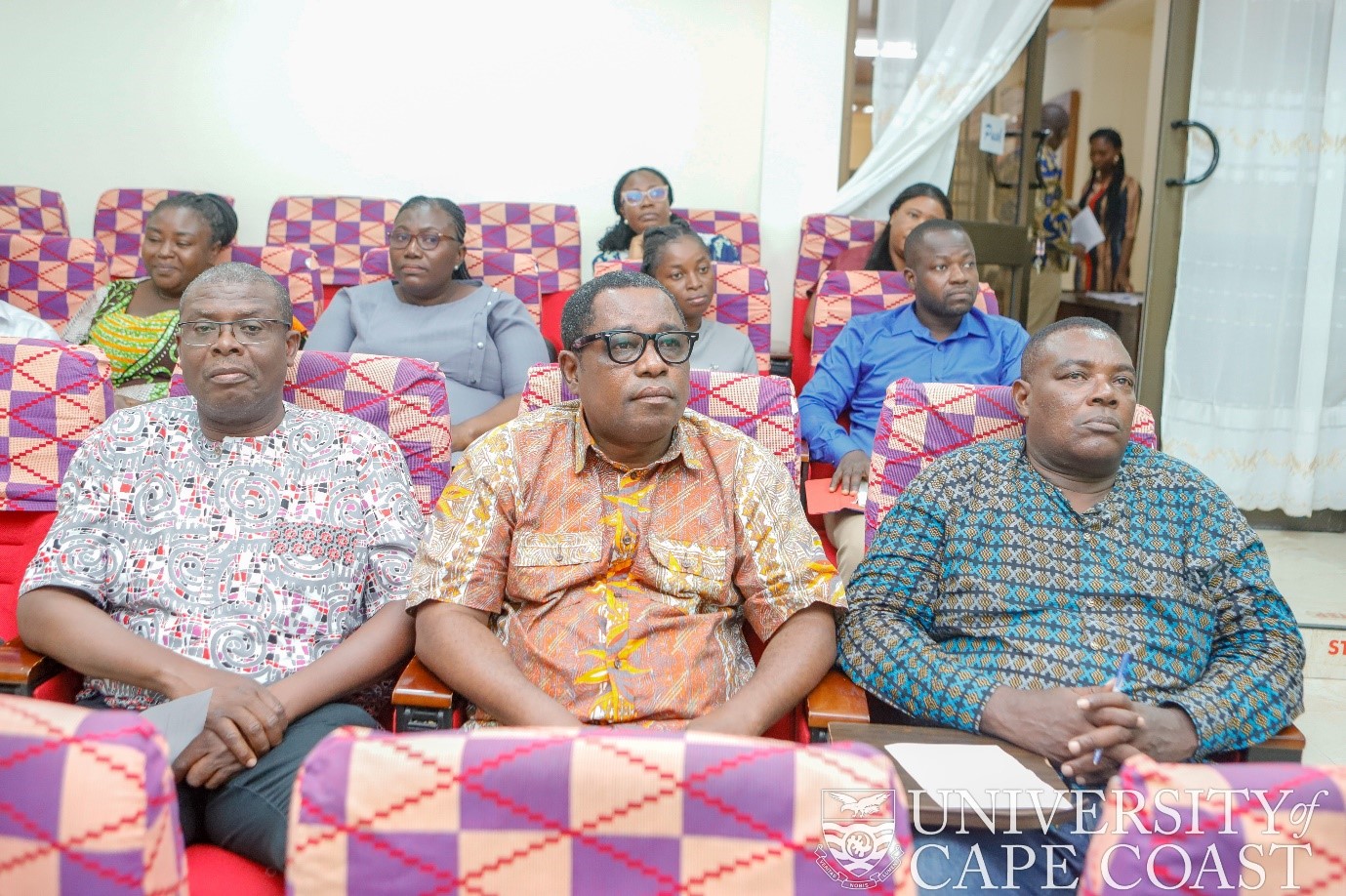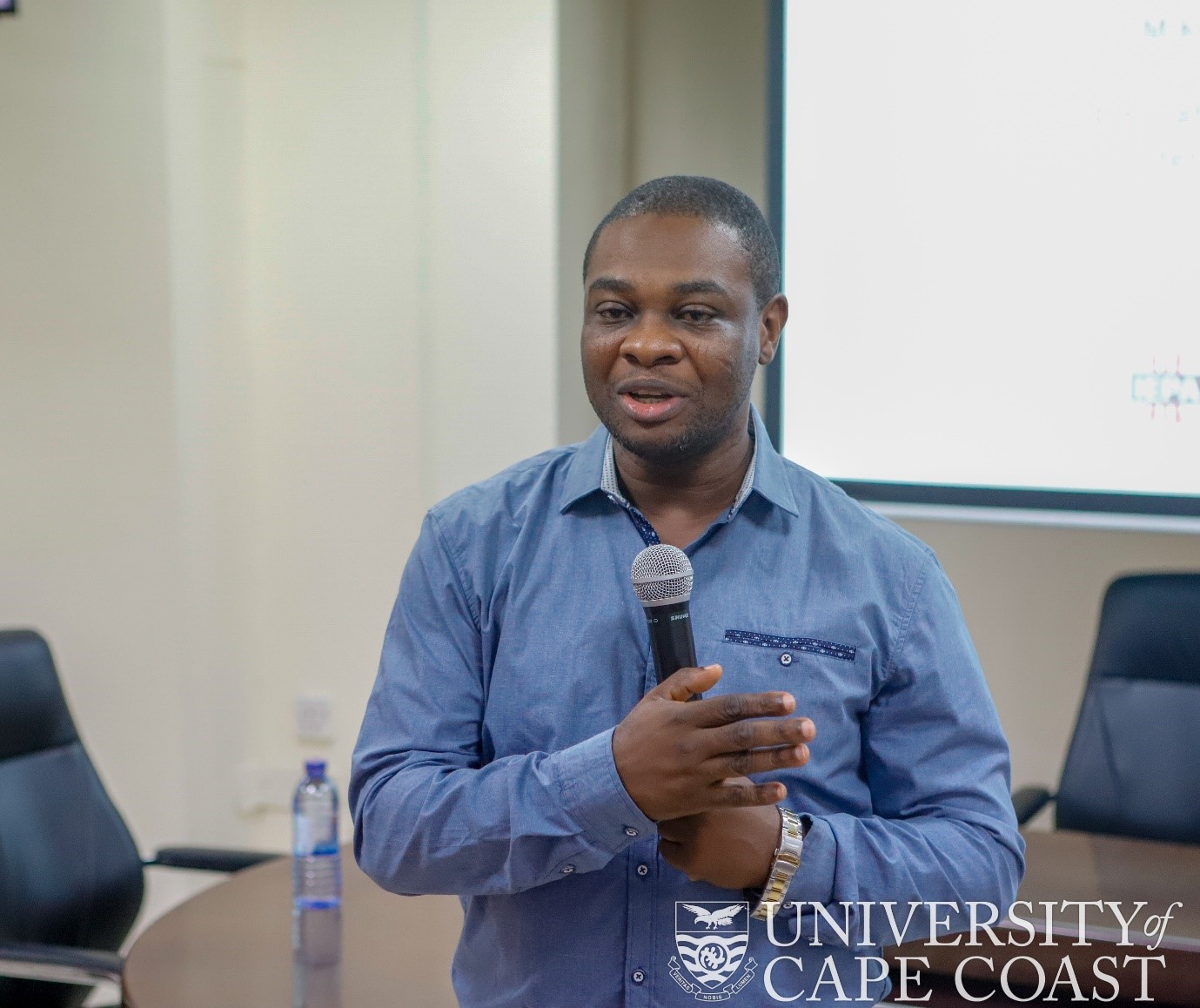In recognition of his expertise and significant contributions, Prof. Denis Worlanyo Aheto, the Director of the Africa Centre of Excellence in Coastal Resilience (ACECoR) at the University of Cape Coast (UCC), has been appointed as Adjunct Professor at the Faculty of Environment, University of Waterloo (UW), Canada.
This appointment complements his current engagement as The TD Walter Bean Visiting Professorship in Environment at UW, a prestigious position awarded to Prof. Aheto, acknowledging his outstanding work and professional leadership in the field of coastal resilience globally. (https://uwaterloo.ca/environment/td-walter-bean-professorship-environment).
Professor Aheto is a highly respected expert in the field of coastal and marine ecosystem management. In his role as Director of the Africa Centre of Excellence in Coastal Resilience, he has led groundbreaking research projects, policy development and capacity building initiatives across the African continent in support of marine ecosystem resilience and sustainable development of coastal communities in Africa.
A letter signed by the Dean, Faculty of Environment, Prof. Bruce Frayne partly read “We are very appreciative of your contributions as the TD Walter Bean Professor in Environment as well as the ongoing relationship between the University of Waterloo and the University of Cape Coast. Your role as Adjunct Professor will further enable research activities and contributions to graduate students training at the University of Waterloo”.
In his new role as Adjunct Professor, Professor Aheto will be contributing to research, teaching, and student supervision at the Faculty of Environment. His rich background in marine and coastal resources will provide students with valuable insights into global environmental issues and the necessity of sustainable practices in managing coastal and marine resources.
Commenting on his appointment, Prof. Aheto said "I am honored to join the Faculty of Environment at the University of Waterloo as an Adjunct Professor. This opportunity will allow me to advance my research career in coastal resilience and connect with a worldwide community of practice involving scholars, policy makers and practitioners. I’ll continue to collaborate with my colleagues at the University of Waterloo to advance our understanding of coastal and marine systems and develop innovative solutions to the pressing challenges faced by coastal communities globally."
About the University of Cape Coast
The University of Cape Coast is a premier public university in Ghana, known for its excellence in research and education. The Africa Centre of Excellence on Coastal Resilience, led by Professor Denis Worlanyo Aheto, is a World Bank designated centre of excellence that conducts cutting-edge applied research, training and policy and coastal community initiatives to promote sustainable development of coastal communities in Africa.
Source: Documentation and Information Section-UCC

